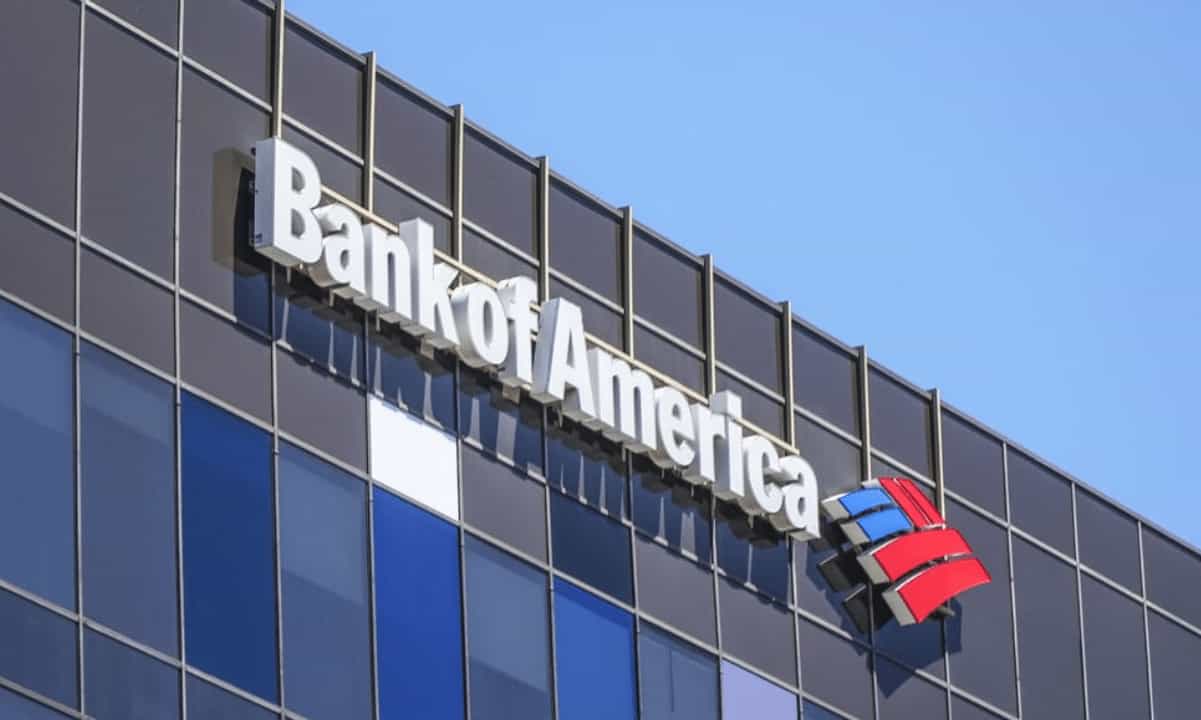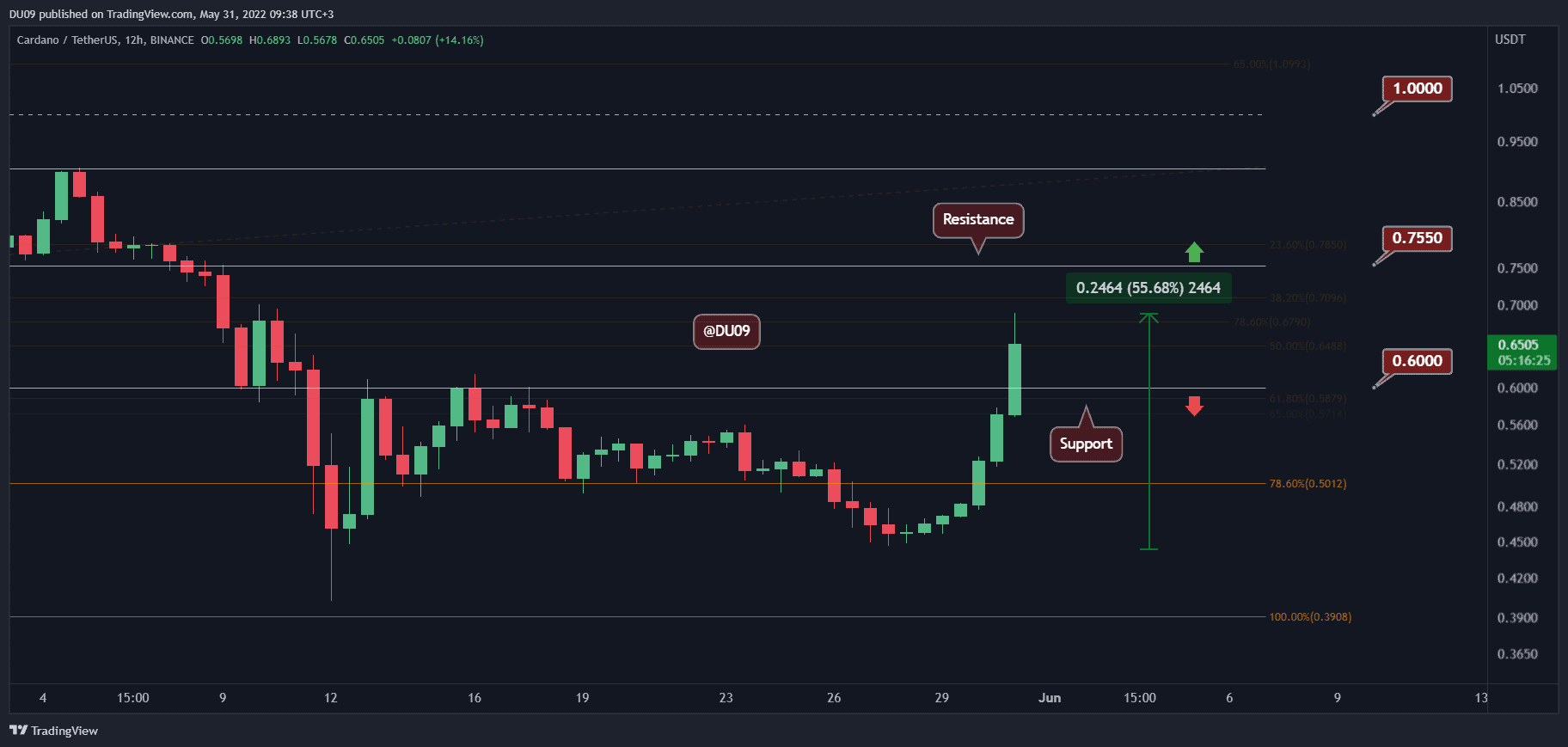Ethereum’s Dencun Upgrade Is Now One Step Closer After This Deployment
The highly-anticipated Dencun upgrade of Ethereum was successfully deployed on the Sepolia testnet on Jan. 30.
This marks the second deployment out of three planned testnet launches, bringing the Ethereum community one step closer to embracing the features of Dencun.
Smooth Sailing on Sepolia Testnet
Terence Tsao, from Prysmatic Labs, the team behind the Prysm Ethereum client, announced the achievement on Jan. 30, stating, “Sepolia has finalized. Sorry for an uneventful upgrade.”
Sepolia has finalized!
Sorry for an uneventful upgradehttps://t.co/86HXWRGO7a
— terence.eth (@terencechain) January 30, 2024
Paritosh, a DevOps engineer at the Ethereum Foundation, echoed the sentiment: “Blobs are now flowing in Sepolia. Uneventful testnet forks are the best ones!”
Blobs are now flowing in Sepolia 😀
Uneventful testnet forks are the best ones! https://t.co/HTTVwYcytm pic.twitter.com/Al45RZz95B
— parithosh |
(@parithosh_j) January 30, 2024
The Sepolia testnet follows the earlier deployment on the Goerli testnet in January, where Dencun initially encountered challenges that resulted in a network split due to a bug in the Prysm client.
Despite the initial hiccup, developers swiftly addressed the issue. The successful activation on Sepolia sets the stage for the upcoming and final testnet deployment on Holesky, scheduled for Feb. 7.
Dencun, initially projected for the final quarter of 2023, is set to be Ethereum’s most substantial upgrade since the Shapella upgrade last March, which introduced the capability to withdraw staked ether (ETH).
The Proto-danksharding Upgrade
The upgrade introduces EIP-4844, or proto-danksharding, a feature to enhance data availability and reduce transaction fees on Layer 2. The proto-danksharding upgrade achieves this by replacing gas-intensive calldata with “blobs,” creating a more efficient and cost-effective transaction environment for Layer 2 blockchains by reducing associated data availability expenses.
This development is especially crucial as the Ethereum ecosystem has surged on-chain activity, increasing Layer 2 transaction costs and gas fees. Gas fees on popular Layer 2 networks like Arbitrum, OP Mainnet, and Base have seen a notable increase of approximately 50% to 100% since mid-October, according to data from GrowThePie.
Dencun’s upgrade is strategically positioned to bolster Ethereum’s Layer 2 ecosystem, allowing it to compete with transaction fees offered by alternative Layer 1s while retaining the robust security layer of Ethereum’s mainnet. With the final testnet deployment scheduled for Feb. 7 on Holesky, the Ethereum community eagerly awaits the activation date on the main blockchain.
The post Ethereum’s Dencun Upgrade Is Now One Step Closer After This Deployment appeared first on CryptoPotato.












